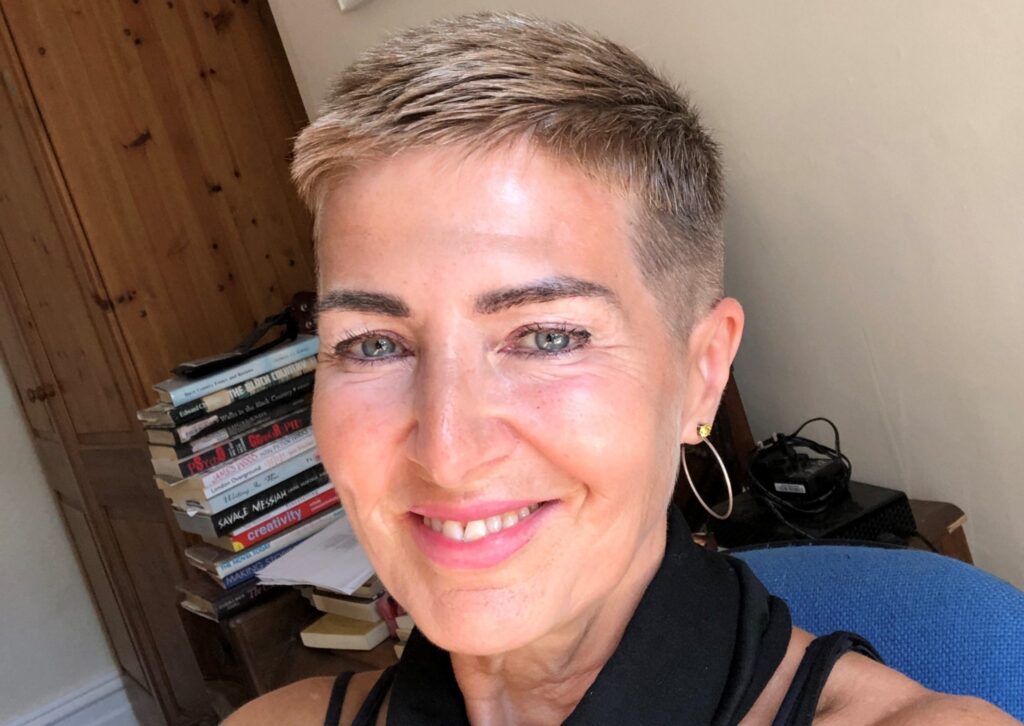Short Story Writing Course In Australia | The Writing Quarter
You’re reading about our short story writing course because you love the short story form and want to know more about how to do it. You might be just starting out writing short fiction, or you might be an old hand at it, it doesn’t matter. You will gain plenty of inspiration to develop your narrative style and voice, and we will aim to help you build a portfolio of work.
This course will guide you through the world in which short stories are conceived and born, with modules and writing assignments to help you along the way. The tutor will provide you with detailed feedback that will allow you to hone your craft and explore the beauty of concise writing.
By the end of the six week course, you will have experimented with active writing to create extraordinary things from the ordinary. You’ll also understand how to sharpen up your narrative style with techniques such as ekphrasis. Perhaps most importantly, this course will guide you to summon the confidence to write regularly and with enjoyment. Please note that this course is for adults.
You don’t have to be online at any particular time or day. Instead, this short story writing course is carried out through email correspondence, so you can read the notes whenever it suits you.
You will be given weekly notes and assignments to help you. Your tutor will read every assignment and will provide written feedback.
Students will receive an email booking confirmation within 48 hours of payment. If you do not see this email, please check your Spam/Junk folder.
Outline of our Short Story Writing Course
Week One: Flash Fiction
When does a short story become ‘flash fiction’ – or vice versa? What’s the difference, anyway?
In this module, we’ll be looking at the way brevity can work in our narrative by exploring flash, short, and micro fictions. We will also discover some practical ways to sharpen up your narrative style.
Week Two: Ekphrasis in Short Stories
The dictionary definition of ekphrasis is: ‘to describe a work of art’. Despite ekphrastic writing being traditionally associated with poetry, we’ll be using it to inspire our short stories.
In week two, we’ll consider how visual images can work for us creatively, illustrating how art and image can both inspire and inhabit our short stories.
Week Three: Stories out of the Everyday
In this module, we’ll be flexing our creative muscles to explore ways in which, by looking at the ‘ordinary’, we can enliven our narrative style and produce a satisfying and compelling short story.
We’ll also discover how to break out of the habit of formulaic writing and make our own rules.
Week Four: Active Writing
As T. S. Eliot said, ‘Mediocre writers borrow; great writers steal.’ Mark Twain also noted that ‘there is no such thing as a new idea.’ Writers simply have to find new ways to retell ideas.
So, in this penultimate module, we’ll be looking at ways to harvest the premise of a story and develop our own ways of structuring and owning it.
Week Six: Endings
The best way to complete a short story course is to explore ‘endings’. In this final module, we’ll be looking at the multitude of different ways you could end your story.
We’ll then read various examples and consider, amongst other things: ‘to twist or not to twist?’ Open or closed endings? Circular or linear?
To find out more about how our short story writing writing course in Australia works, visit our FAQ page.
You can also email us at info@writingquarter.com.au
Please view our cancellation/refund policy before booking.

